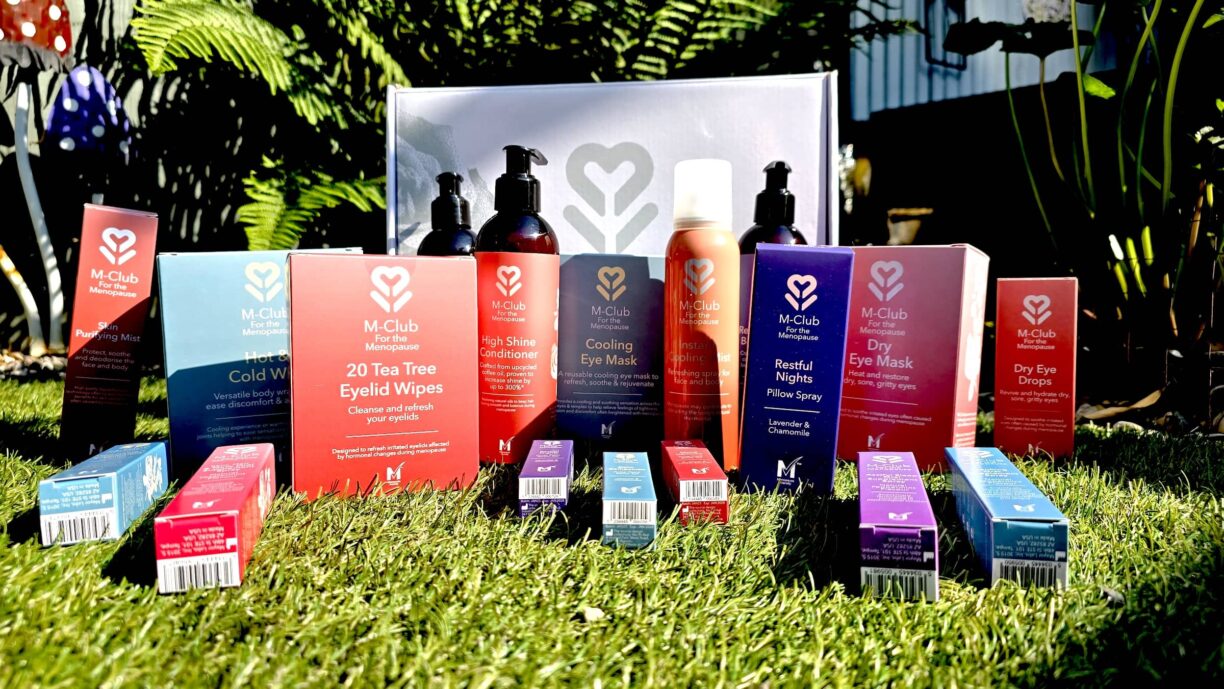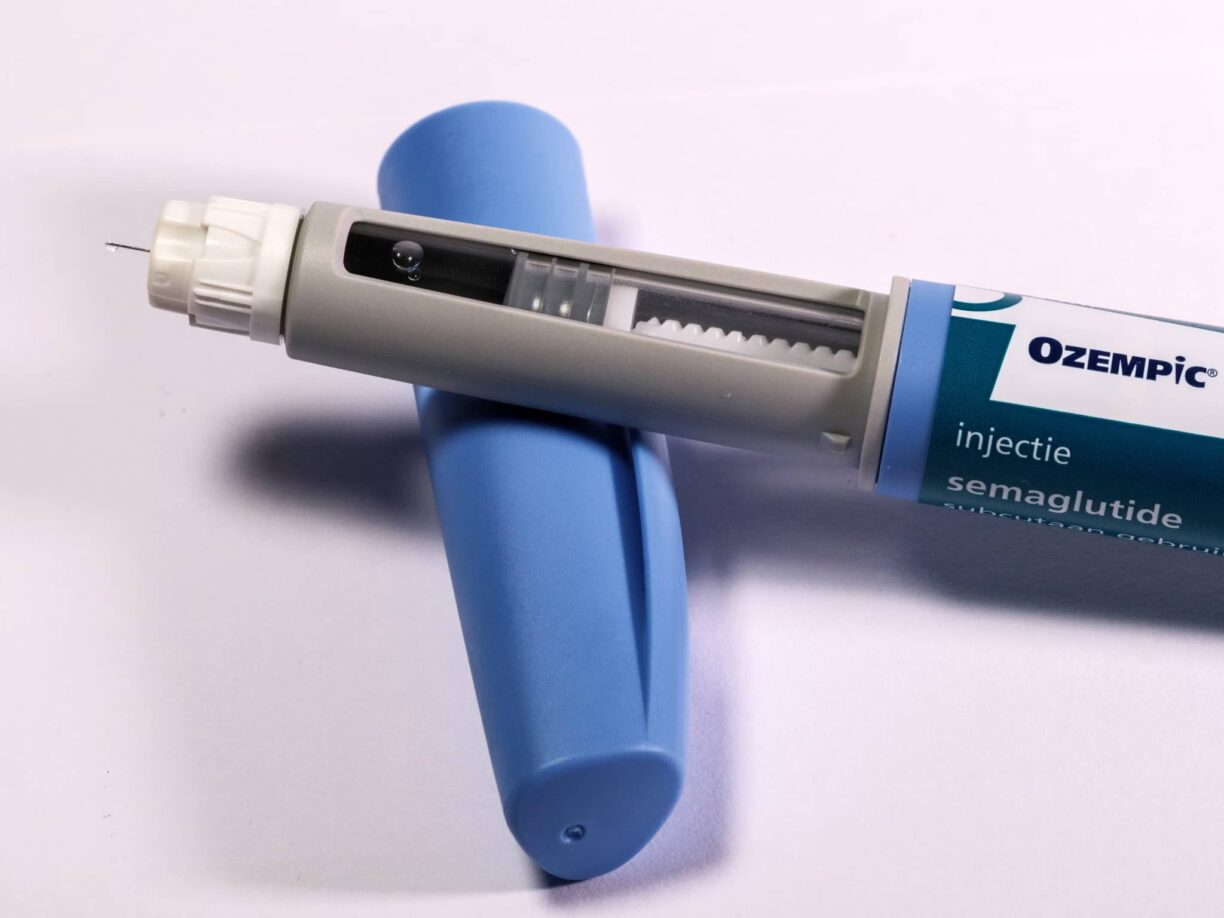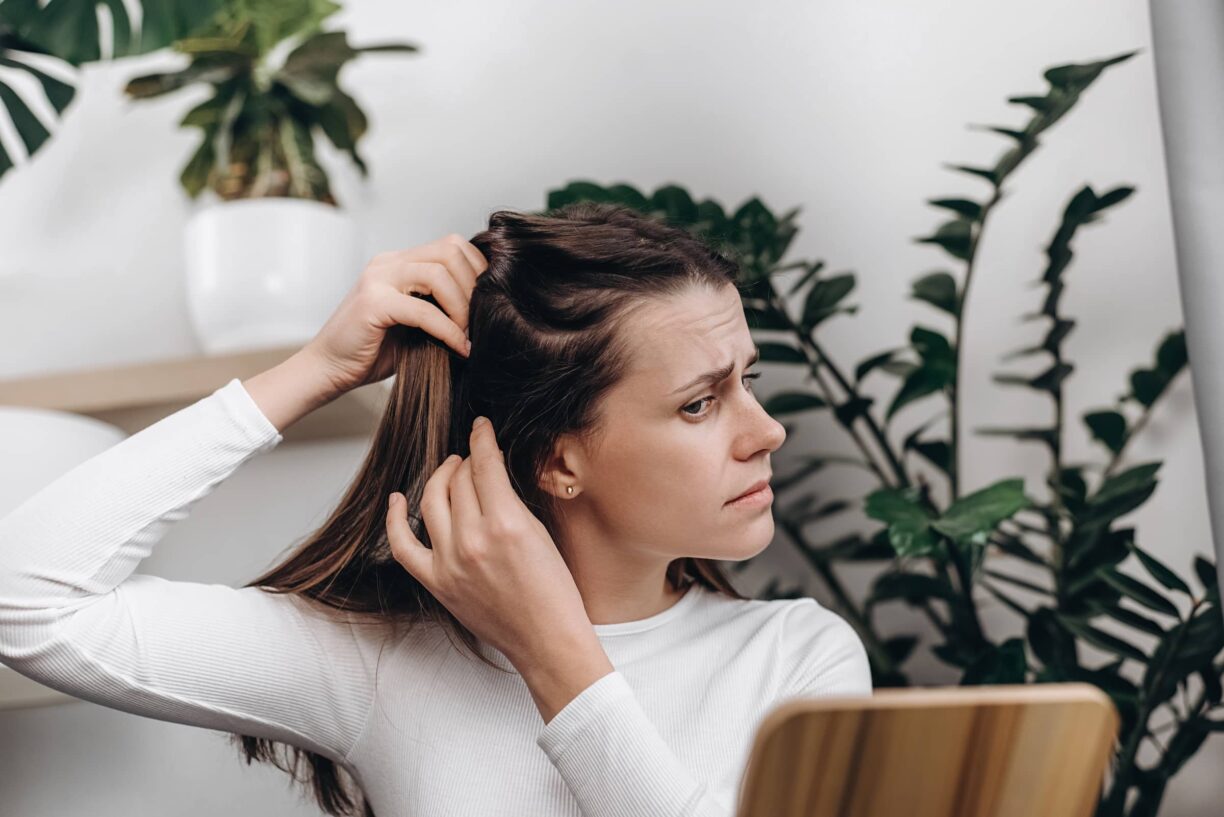Held on January 14 each year, STIQ Day aims to raise awareness around sexual health and STIs (sexually transmitted infections).
Wondering if that is the right choice for you? Here, experts explain what you need to know about at-home STI testing kits.

How do at-home testing kits work?
“Home test kits work by providing a sample of urine or a swab,” says Shaeeb Ali, advanced clinical practitioner and primary care and independent pharmacist prescriber at MedsOnline247.
The kit is sent to you with instructions on how to complete it and send the sample back to the lab for testing. They are available on the high street, online and from public health services (see below for links) and usually differ for men and women.
“A typical home-test kit may contain: a urine sample bottle, vaginal swab, oral swab, and a rectal swab for MSM (men who have sex with men),” Ali explains.
“For women, depending on the type of STI being investigated or tested for, the test may come as a swab rather than a urine sample.”
Other kits also include a lancet which is used to prick your finger and provide blood for an HIV test.
What are the most common STIs people who are sexually active should be tested for?
“Generally speaking, the most common STIs are genital warts, genital herpes, chlamydia and gonorrhoea, all of which people who are sexually active with different partners should be regularly tested for,” says Ali.
Regular testing is essential, particularly if you have had unprotected sex, as some STIs are difficult to detect.
“Many men and women will often have no symptoms from STIs,” says Narendra Pisal, consultant gynaecologist at London Gynaecology, which offers three types of sexual health testing kit.
He continues: “All infections can exist without symptoms, but particularly chlamydia is often asymptomatic. This just highlights the importance of safe sex and routine checks when you enter a new relationship.”

What are the benefits of at-home testing kits versus going to a sexual health clinic?
“The results are fast, confidential and accurate so can be a good solution for people that might have embarked on a new relationship or simply want to check their sexual health,” says Mr Pisal.
Not only are self-testing kits quick and convenient, delivering results typically within three or five working days, they negate the need to visit a clinic, which is particularly valuable during the pandemic.
“At-home testing kits remove various social barriers, allowing those who feel uncomfortable going to their GP for a test, to test and treat if they are positive for a particular STI,” Ali says.
“In the context of the pandemic, self-testing at home reduces the obvious risk of contracting Covid and at the same time, allows one to abide by lockdown rules and regulations.”

How often should a sexually active person get tested for STIs?
“Generally, once a year,” says Ali. “If an individual has multiple anonymous partners, the testing should be more frequent, typically every three to six months.”
In some cases, self-testing might not be advisable, Mr Pisal warns: “You should not take a test if you have tested positive for chlamydia or gonorrhoea in the last six weeks or syphilis in the past.
“If you think you have been exposed to HIV in the past 72 hours, you should seek urgent medical attention at a sexual health clinic, A&E or GP.”
The NHS advises that a self-test kit should never replace a health professional’s advice or a result from a national screening programme, such as bowel, cervical or breast cancer screening.

How can you tell a testing kit is safe?
The NHS warns that if you’re buying a self-test kit online, it’s important to be wary of the claims they make, as they may be misleading.
Before using it, make sure the kit is sealed, without any damage to the packaging, is within its expiry date, and has a CE quality assurance mark. Always read and follow the instructions carefully.
Where can you get free STI testing kits?
In the UK, self-testing kits are available from Sexual Health Clinics. Visit the NHS website to find your nearest location.
In Ireland, the HSE Sexual Health and Crisis Pregnancy Programme pilot scheme provides free tests. Visit the SH:24 website for more information.
Scotland’s NHS Inform website has information about how to access sexual health services during the pandemic.





